Terrific Twos / Threes
Our Philosophy
The Terrific 2/3’s class is for children aged two or three years old, and is located in the blue door. In this transitional class, there is a set curriculum because we believe young children learn best by doing. Learning isn't just repeating what someone else says; it requires active thinking and experimenting to find out how things work and to learn first and about the world we live in. Having a standard curriculum makes available the accumulated wisdom of experienced educators. Thus, each student will get the same quality training with well-prepared lessons, activities, and will be equipped for their next class.
Key areas of child development & learning:
Working with children to ensure they’re potty trained.
Teaching children to understand and follow rules.
Helping children become independent (i.e.- hanging up and putting on a coat, set up for meals, use of bathroom facility, clean up and washing hands
Building social skills (i.e.- playing appropriately with friends, using their words to express themselves, sharing and taking turns)
Expanding academic knowledge (i.e. – begin spelling and writing their name, recognition of numbers, shapes, colors and opposites, use of scissors and cutting and counting objects)
Developmental Classroom Goals – Two Year Old Room
Age: About 2-3 years
Motor Skills
Climb walls
Walks up and down stairs, alternating feet
Runs with ease
Pedal a tricycle
Balance self on balance beam
Kick a ball
Feeds self
Opens and shut doors
Washes & dries hands by self
Makes vertical, horizontal, & circular strokes with a pencil or crayon
Turn pages in a book one at a time
Use of activities and words to explore balance, strength, flexibility and movement
Grasps & releases
Cognitive Skills
Attention span increase to about 5 minutes
Understands “now”, “soon”, and “later”
Matches an object to a picture of that object
Understands simple concepts
Matches circles and shapes
Understand directional & rational words
Imitate behaviors/ sounds
Begins make believe play
Expresses interest in using bathroom by self
Can follow directions
Knows body parts (hair, eyes, nose)
Respond to stimulus
Language Arts
Verbal language development
Recite songs & rhymes
Visual & auditory discrimination
Writing preparation eg. Tracing
Interact appropriately in groups (taking turns talking or playing with toys using words)
Recognize and say own name
Say birthday
Ask questions and wait for an answer

